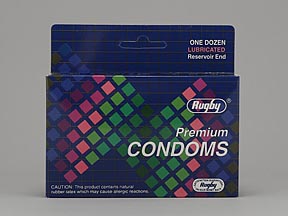
Premium Condoms Lubricated Coupons & Savings Card – Discount Prices from $5.01
My prescription
Edit
1, Premium Condoms Lubricated (12 Miscellaneous)
Select pharmacy

Walgreens
$5.01
COUPON PRICE
Albertsons
$10.49
COUPON PRICEPremium Condoms Lubricated savings card
Show this card to your pharmacist
Walgreens
$5.01
BIN
ID
PCN
GRP
019876
LH90A9BF9E
CHIPPO
LHX
Powered by
Price history for Premium Condoms Lubricated
12 Miscellaneous, 1nan
Average retail price for Premium Condoms Lubricated
Average SaveHealth price for Premium Condoms Lubricated
Our price history data is based on aggregated prescription data collected from participating pharmacies in America. Our prescription data updates daily to reflect the latest price changes. If you notice a missing data point, it means there wasn't sufficient data available to generate a monetary value for that date.
*Retail prices are based on pharmacy claims data, and may not be accurate when we don't have enough claims.
Premium Condoms Lubricated dosage forms
Dosage Quantity Price from Per unit 1nan 12 Miscellaneouses $5.01 $0.42
| Dosage | Quantity | Price from | Per unit |
|---|---|---|---|
| 1nan | 12 Miscellaneouses | $5.01 | $0.42 |
Using the SaveHealth discount card, what is the price of Premium Condoms Lubricated without insurance?
Using the SaveHealth discount card, the price of Premium Condoms Lubricated without insurance is $5.01.
What is the price of Premium Condoms Lubricated at Walgreens?
The price of Premium Condoms Lubricated at Walgreens is $5.01.
